Athena vs Ares: Exploring the Clash of Greek Deities
The Battle of Wisdom and War
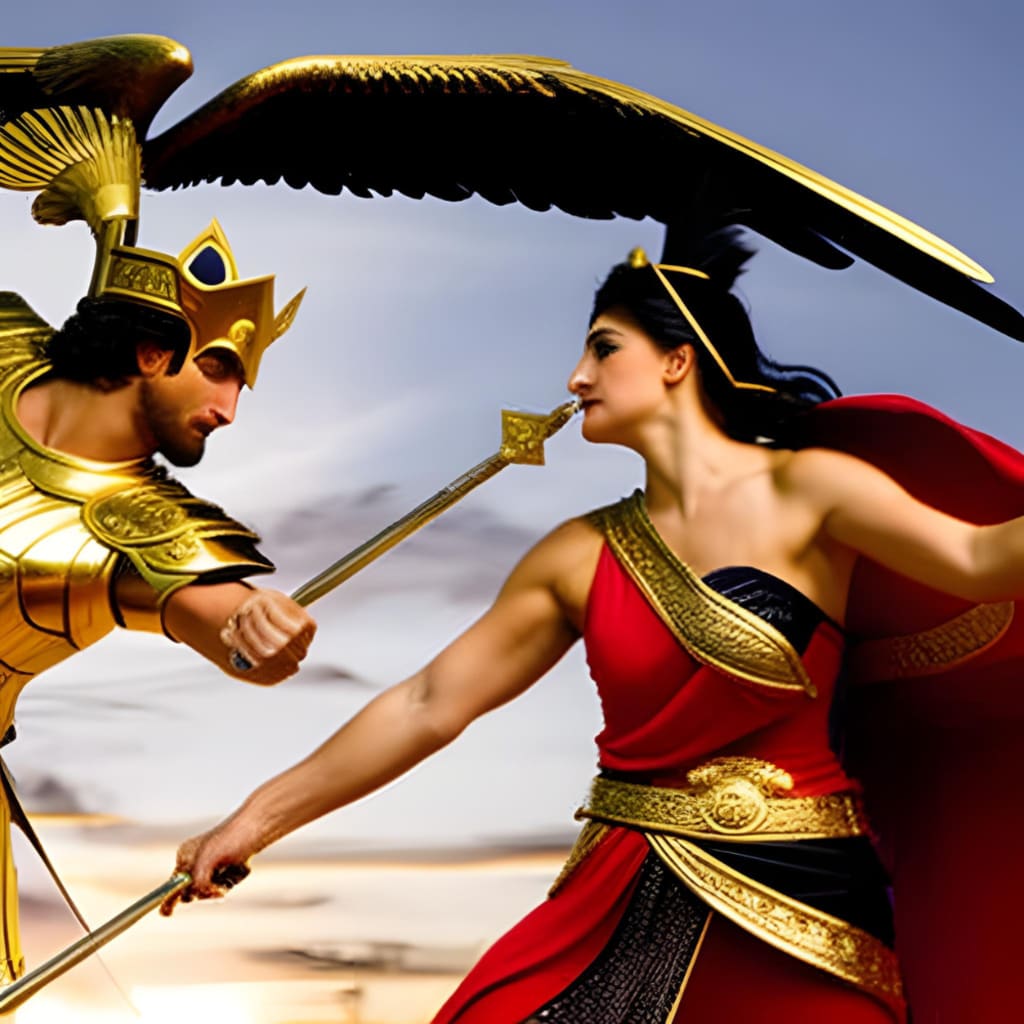
Greek mythology is a treasure trove of captivating stories, and among the pantheon of deities, the clash between Athena and Ares stands out as a timeless tale of contrasting ideals and personalities. While both are associated with war, their roles and attributes couldn't be more different. Let's embark on a journey through the fascinating world of Athena and Ares, uncovering the secrets of these two powerful figures.
Comparison Summary

Athena: The Wise Strategist
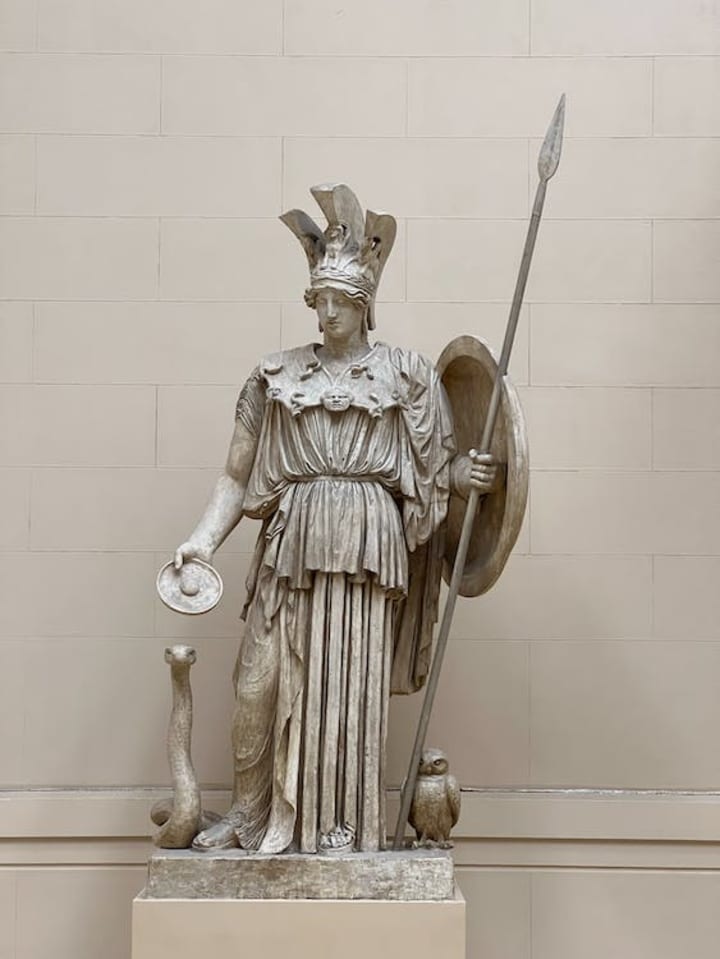
Athena, often referred to as the "Goddess of Wisdom," is one of the most revered deities in Greek mythology. Her domain encompasses not only wisdom but also courage, civilization, and strategic warfare. Here's a closer look at the facets that define Athena:
The Birth of Athena
Athena's origin is as unique as her character. She is said to have sprung fully grown and armored from the forehead of her father, Zeus, after he swallowed her mother, Metis. This birth myth symbolizes her unparalleled wisdom and strategic prowess.
Athena's Attributes
Wisdom: Athena's wisdom is renowned throughout the Greek pantheon. She represents intelligence, knowledge, and prudent decision-making.
Courage: She is a fearless warrior, known for her unwavering bravery in battle.
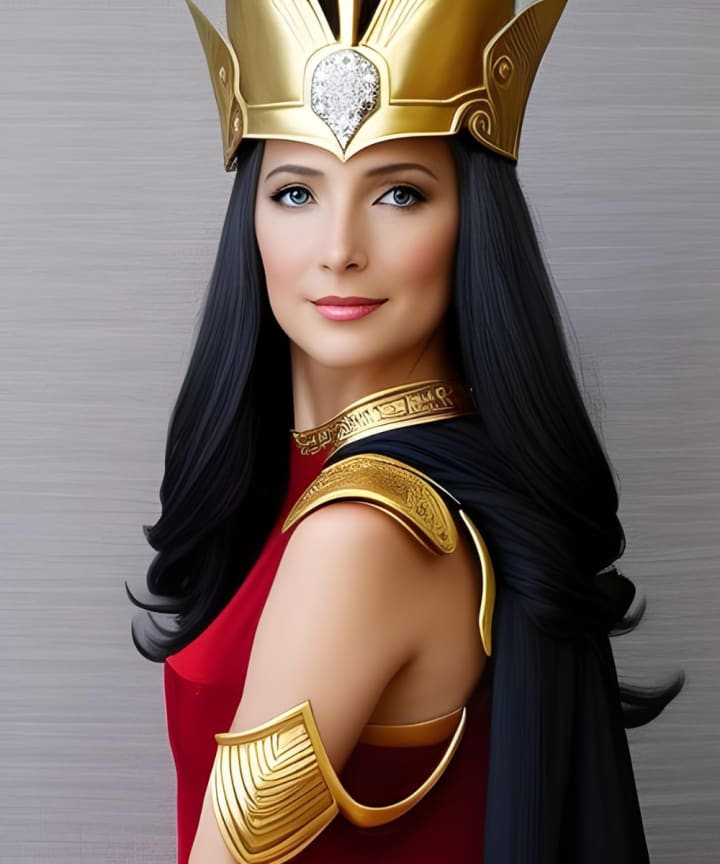
Craftsmanship: Athena is also associated with craftsmanship, particularly weaving and pottery.
Role in Greek Mythology
Athena played a crucial role in Greek mythology. She supported heroes like Odysseus and Perseus with her wisdom and guidance. Her counsel often led to the triumph of intellect over brute force.
Ares: The God of War
Ares, on the other hand, represents a stark contrast to Athena. He is the embodiment of brute strength, chaos, and the brutality of war. Here's a glimpse into the characteristics of Ares:
Ares' Origins
Ares is the son of Zeus and Hera, making him a legitimate Olympian deity. However, unlike Athena, he did not inherit wisdom and strategic thinking.
Ares' Attributes
Warfare: Ares is synonymous with war. He revels in the chaos and bloodshed of battle, embodying the brutal aspects of conflict.
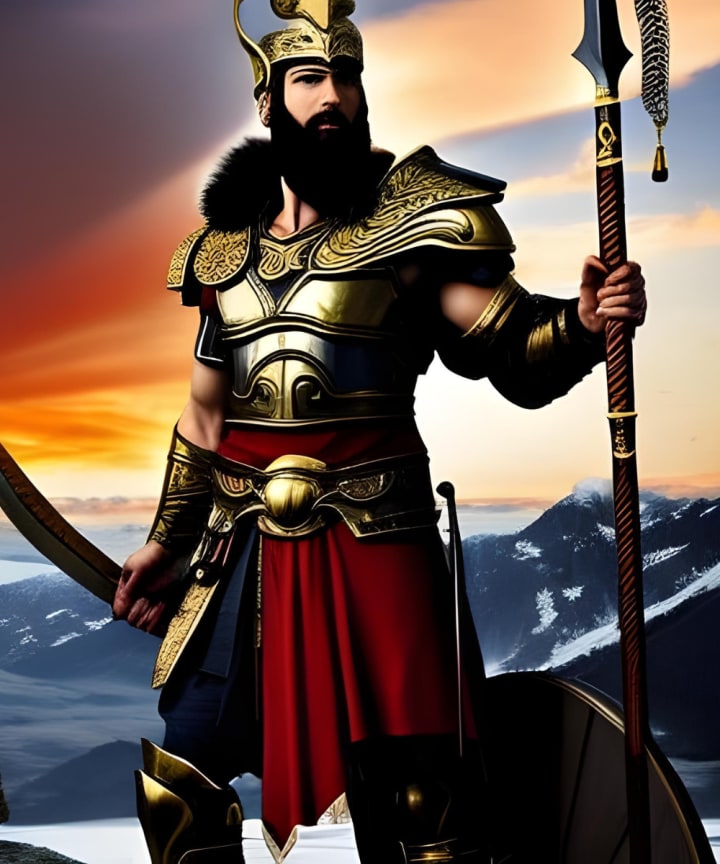
Aggression: His impulsive and aggressive nature often leads to destructive outcomes.
Conflict and Chaos: Ares thrives in situations of turmoil and discord.
Role in Greek Mythology
Ares frequently appears in Greek myths as a symbol of the destructive side of war. Unlike Athena, he is seldom associated with strategic victories but rather with the mayhem and brutality of combat.
The Clash of Ideals
The rivalry between Athena and Ares can be summarized as a clash of ideals. Athena embodies the values of wisdom, strategy, and intellect, while Ares represents the raw, primal aspects of warfare. This clash is evident in various Greek myths and legends.
Athena vs. Ares in Mythology
One of the most iconic instances of their rivalry can be found in Homer's epic, the "Iliad." Athena supports the Greek hero, Diomedes, in battle, granting him wisdom and strategy. In contrast, Ares sides with the Trojans, reveling in the chaos and bloodshed of the conflict.
Influence on Mortals
The influence of Athena and Ares extended beyond the realm of gods. Mortals often sought their favor in different situations. Those who valued intellect and strategy turned to Athena, while warriors seeking victory on the battlefield invoked Ares.
Frequently Asked Questions (FAQs)
Q: Were Athena and Ares ever allies in Greek mythology?
A: While they had opposing ideals, there are instances where Athena and Ares worked together, albeit reluctantly. For example, in the myth of the Gigantomachy, they cooperated to defeat the Giants threatening Olympus.
Q: Is there a famous temple dedicated to Athena?
A: Yes, the Parthenon in Athens is one of the most famous temples dedicated to Athena. It's a symbol of wisdom, democracy, and Greek civilization.
Q: Did Ares have any children in Greek mythology?
A: Yes, Ares had several offspring in Greek mythology, including Phobos (Fear), Deimos (Terror), and Eros (Love).
Q: How did Athena and Ares' rivalry impact mortals?
A: Mortals often faced a choice between Athena's strategic wisdom and Ares' brute strength, depending on their values and objectives. Their influence played a significant role in shaping the outcomes of battles and conflicts.
Q: Are there any modern interpretations of Athena and Ares?
A: Yes, these deities continue to inspire artists, writers, and scholars. Athena is often seen as a symbol of female empowerment and wisdom, while Ares represents the destructive potential of war.
Q: What happened to Ares in later Greek mythology?
A: Ares gradually lost his prominence in Greek mythology as the focus shifted to more complex deities. He became less central to Greek religious practices over time.
Conclusion
In the timeless clash of Athena vs Ares, we are presented with a fascinating exploration of opposing ideals within Greek mythology. Athena, the wise strategist, and Ares, the god of war, represent the enduring themes of intellect versus brute force. Their stories continue to captivate us, reminding us of the rich tapestry of Greek mythology and the enduring relevance of these iconic deities.
About the Creator
Exotic History
Welcome to Exotic History, where the past comes alive with vibrant stories and intriguing narratives. We are your gateway to a world of captivating historical accounts, adventures, and forgotten tales that span the globe.
Enjoyed the story? Support the Creator.
Subscribe for free to receive all their stories in your feed. You could also pledge your support or give them a one-off tip, letting them know you appreciate their work.


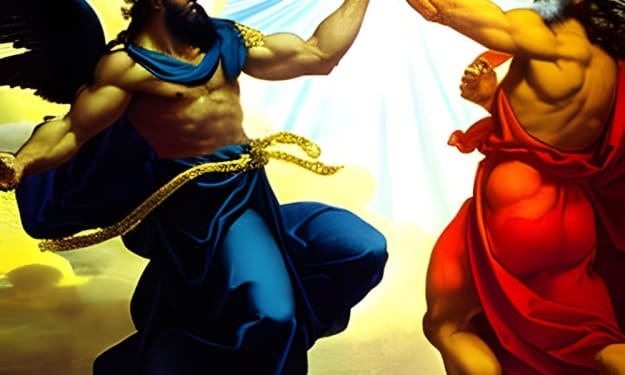



Comments
There are no comments for this story
Be the first to respond and start the conversation.